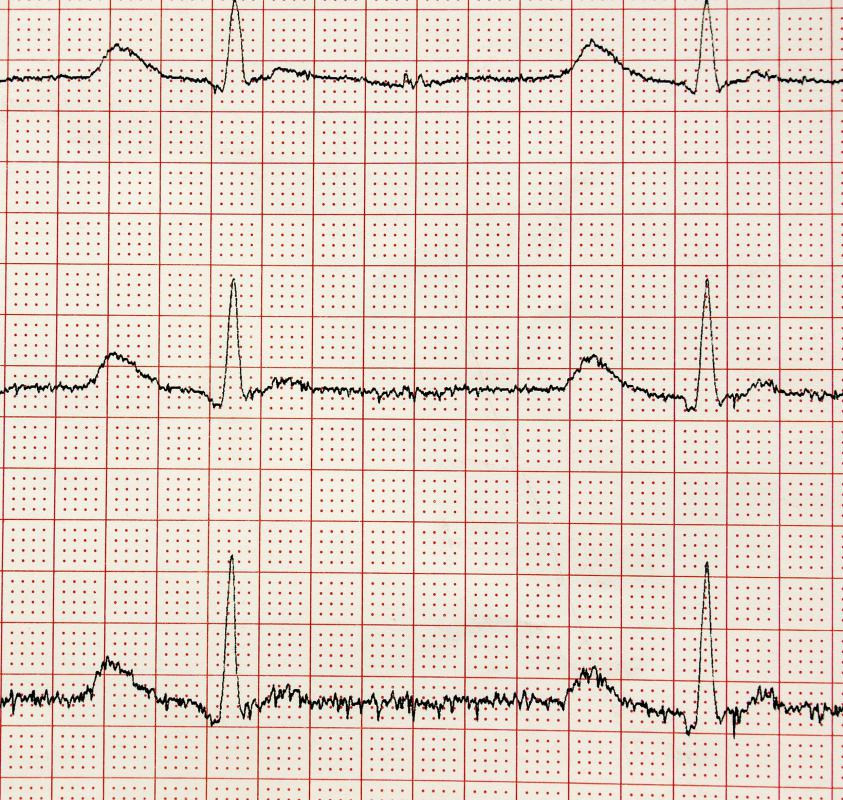At WiseGEEK, we're committed to delivering accurate, trustworthy information. Our expert-authored content is rigorously fact-checked and sourced from credible authorities. Discover how we uphold the highest standards in providing you with reliable knowledge.
What is Psychobiology?
Psychobiology is the study of the brain, human or animal behavior and the relationship between the two. Also called behavioral neuroscience, psychobiology applies biology facts and principals to mental, emotional and behavioral processes in humans or animals. Those who study this subject seek to find out which types of behavior are caused by biological processes.
The term psychobiology may have been officially used for the first time in the 20th century; studies of biology and psychology as separate fields have been around for much longer. Scientists may have studied it for centuries, however, without giving it a formal name. For example, Avicenna (980-1037), a physician and philosopher, is credited with looking for a relationship between certain illnesses, psychology and biology. He asserted that a high-moisture content, referred to as humidity, inside a person’s head could cause mental conditions to develop. Through the years, scientists have continued to look for ways to explain behavior with physical causes.

To study psychobiology, scientists use special equipment that helps them learn more about the brain. For example, psychobiologists may use electroencephalograph (EEG) equipment to measure a person’s brain waves. By attaching specially designed electrodes to a person’s scalp, a scientist can record a person’s brain waves and determine how they affect things like behavior and health.

Some scientists have studied the relationship between brain waves and criminal activity and concluded that those prone to criminal acts may have slower brain waves than others. Such studies may expose why some criminals are able to fool lie detector tests or show whether head injuries can contribute to a person’s likelihood of engaging in criminal acts. Some researchers even hypothesize that vitamin deficiencies can play a role in criminal behavior.

Psychobiologists may also study how biology can contribute to or even cause certain mental illnesses. For example, a person’s genes may influence whether or not he is likely to be diagnosed with schizophrenia. Other mental conditions may be influenced by such things as hormonal fluctuations and even differences in brain structure. Researchers may use brain scans to learn more about depression and bipolar disorder, for example.

Often, studies of psychobiology involve the use of animals for research. Animal subjects may be more readily available for certain studies than human beings, and studying animal brains can give scientists important clues about how the human brain may work. Animal studies can be particularly important, for example, in studying the effects of medications on mental processes, behavior and certain conditions. They may also prove useful for studying the effects alcohol and illicit drug use may have on the brain.
AS FEATURED ON:
AS FEATURED ON:















Discussion Comments
The psychoboiological perspective is especially useful as psychiatrists work to diagnose and treat mental illness. Many diseases, like depression and bipolar disorder, are affected by the neurochemistry of the brain, as well as emotional stimuli. This makes it especially important that patients with mental illness seek both medication and counseling, to cope with both the biological and psychological aspects of their diseases.
Post your comments